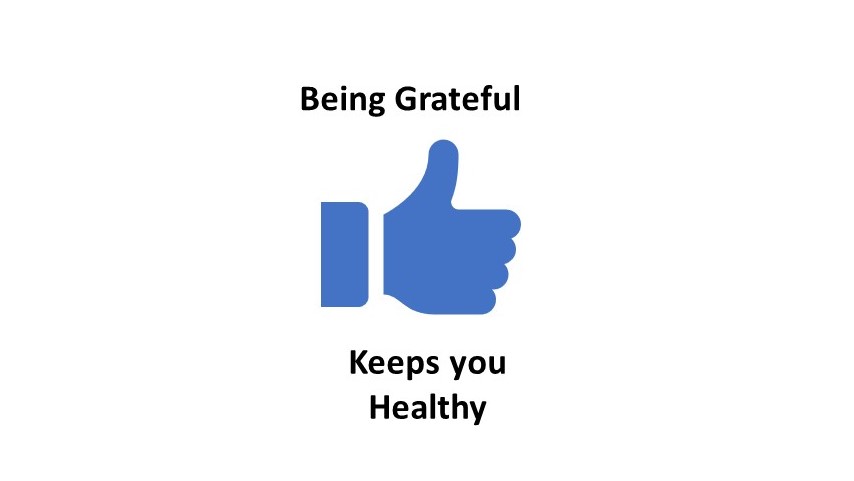Be Thankful, It’s Healthy
By Thomas Davis, CRNA, MAE, Lt. Col (ret)
Follow @procrnatom on Twitter
Thanksgiving is over but it shouldn’t be. A national day of reflection and giving gratitude is healthy for your mind and is also a great excuse to indulge in food, football and family. Likewise, in a preferred work environment, insightful leaders create a healthy environment for their team members by being grateful and thanking them publicly and privately on a regular basis.
Writing in his book The Upward Spiral, author and neuroscientist Alex Korb connects being grateful with brain activity that elevates your mood. The book goes on to offer tangible suggestions for alleviating depression. High on the list of mood elevators is the act of being grateful which triggers the release of dopamine in the hypothalamus and creates a sense of wellbeing. Even on a terrible day, the act of imagining things to be thankful for has the effect of elevating your mood.
Being grateful and giving thanks is as important in the workplace as it is in your personal life. During a chaotic and stressful, pressure-driven day on the frontline, stopping to reflect on the positive events of the day breaks the anxiety cycle and shifts attention from problems to achievements. In my book Leader Reader 1, Authentic Lessons in Leadership I recommend an end-of-day routine which includes reflecting on the activities of the day and giving thanks to those around you. The activity has the double benefit of increasing your sense of wellbeing and ensuring that your team feels validated and appreciated.
In a contribution to Forbes.com, career coach, Nancy Collamer, offers the following tips for giving thanks in the workplace:
Just say it. As you wind down the day, seek out people who have made a difference and give them a sincere thank you tailored to their contribution. Walking through the work area and shouting, “Thank you everybody!” has very little effect. Taking an individual aside and telling him/her “I really appreciate the work that you have done today.”, sends the message that you noticed and appreciated their effort.
Send an e-note. It’s not always possible to see everybody face to face at the end of the day to affirm their work. Sending a short email that thanks a worker for something specific that he/she has done is the next best thing to saying it in person.
Send a written card. This old-fashioned method of giving thanks takes time and effort but sends a powerful message that the person is recognized, appreciated and worth the energy required to send the card. Cards are appropriate when large projects have been completed or a person has sustained high performance over a prolonged period of time. To make the card even more effective, send it to the person’s home address.
Recognition, reward and a sense of being appreciated are all elements of a workplace of choice. Be grateful and give thanks to those around you to create a powerful double effect. First, you will receive the benefit of changes in your own brain that elevates your mood and gives you a sense of wellbeing. Second, you will reward those around you and take a step toward creating highly desirable workplace. An intended consequence of giving thanks is that it is contagious and those on your team will follow your example by thanking one another when they collaborate to complete a task.
Be thankful, it’s healthy.
Thomas Davis is a noted leader, educator and leadership coach.
